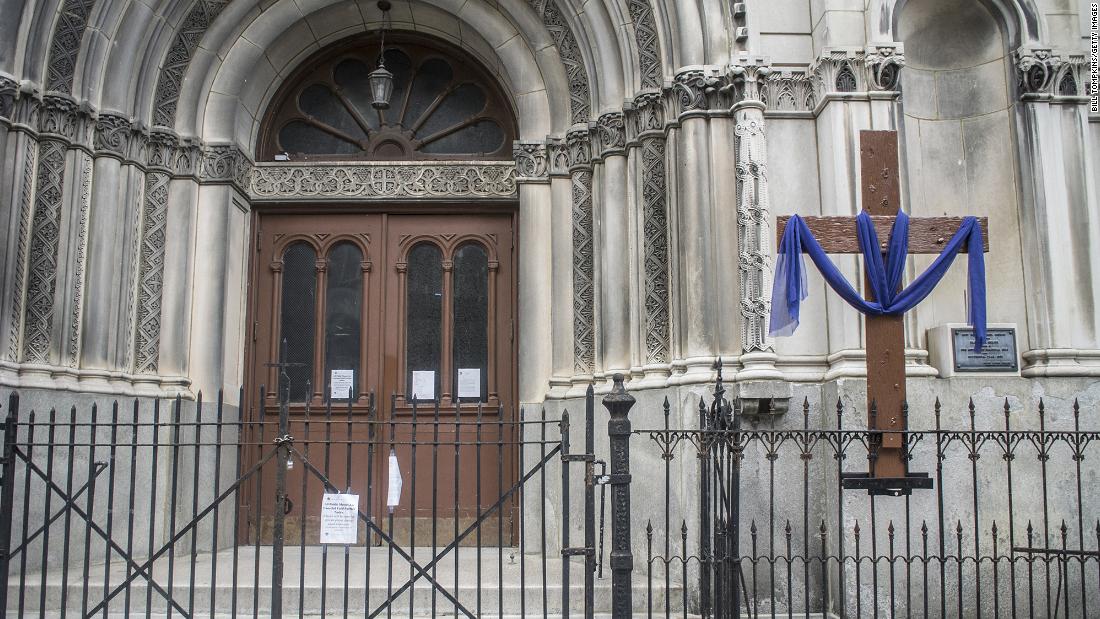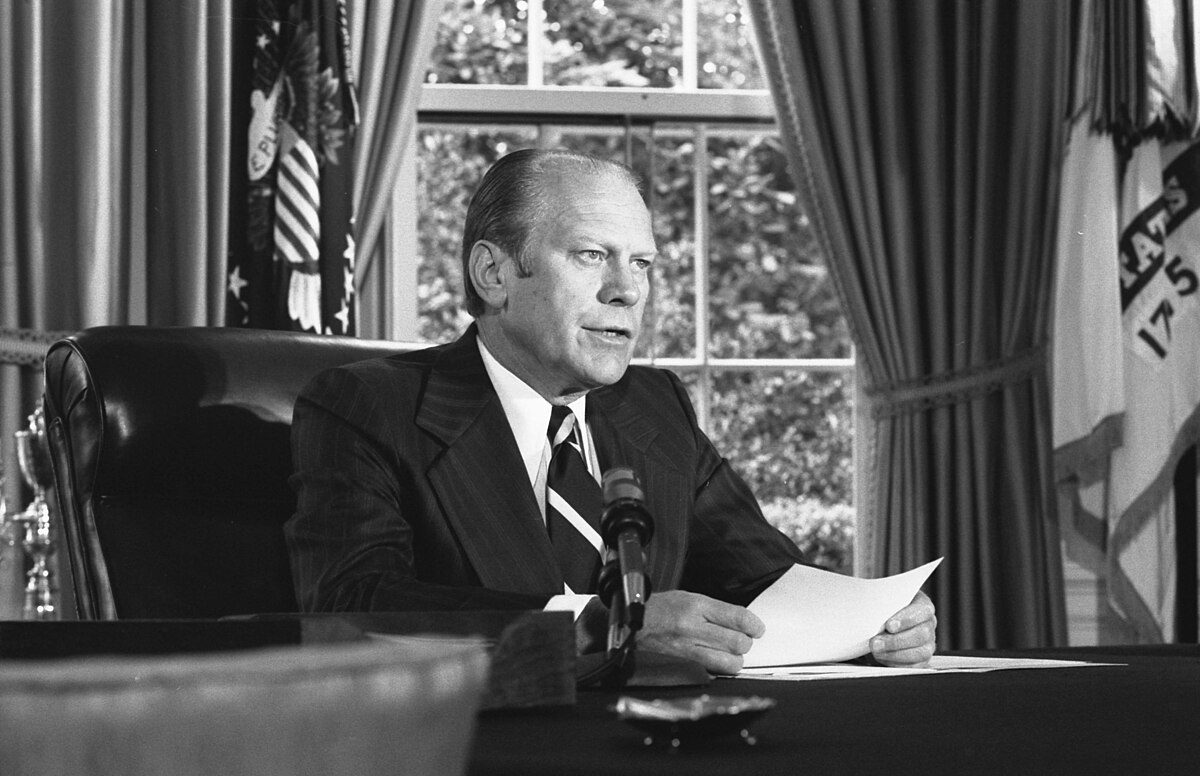Northern Light
Superstar
Our first U.S. Supreme Court decision in which new justice Amy Coney Barrett is in the ruling.
Its a 5-4 split with Coney Barrett in the majority, striking down N.Y. State restrictions on attending religious services due to Covid.

 www.cnn.com
www.cnn.com
Its a 5-4 split with Coney Barrett in the majority, striking down N.Y. State restrictions on attending religious services due to Covid.

In a 5-4 ruling, Supreme Court sides with religious groups in a dispute over Covid-19 restrictions in New York
In a 5-4 ruling, the US Supreme Court sided with religious organizations in a dispute over Covid-19 restrictions put in place by New York Gov. Andrew Cuomo limiting the number of people attending religious services.





